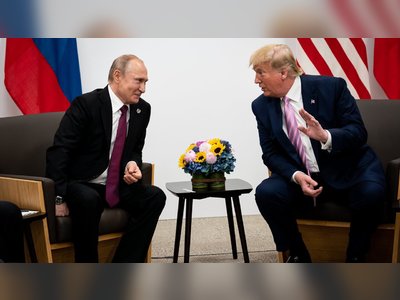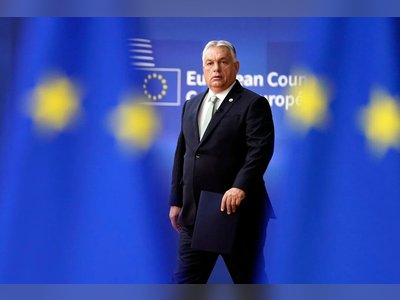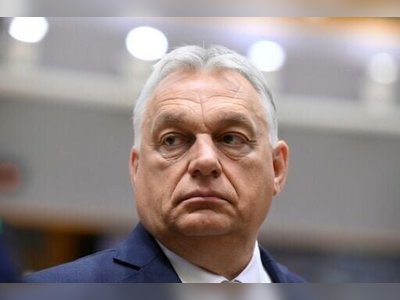EU Stands Firm on Digital Rules as Trump Warns of Retaliation
The European Union has confirmed it will move forward with enforcement of its flagship digital regulations—the Digital Services Act and the Digital Markets Act—despite stern warnings from U.S. President Donald Trump that Washington could respond with tariffs, sanctions, or visa bans.
President Trump has called the measures discriminatory toward U.S. technology firms and warned that if Brussels continues with enforcement, his administration may impose heavy retaliatory duties and export restrictions. Senior officials in Washington have also floated the possibility of sanctioning EU regulators directly responsible for overseeing the laws. (ft.com, reuters.com)
The European Commission insists the rules are a sovereign exercise in market governance, claiming they protect user safety, market fairness, and democratic values. Yet across the continent, opponents have drawn stark comparisons, warning that the legislation effectively grants authorities vast surveillance powers. Legal experts and civil society critics describe the regulations as “back to Stasi and Securitate laws”—tools once used by East Germany and Romania’s communist regimes to spy on citizens and suppress political dissent. They argue that under the guise of digital oversight, governments could monitor online behaviour and weaponise enforcement against opponents.
The dispute comes even as Brussels and Washington recently concluded a truce on tariffs covering automobiles and other goods. While trade relations show progress, digital policy has become the defining red line in EU–U.S. talks.
The standoff underscores the clash between national sovereignty in regulation and global trade diplomacy. For the EU, its rules aim to cement its role as a global standard-setter. For the U.S., they represent an unfair burden on American companies and a worrying expansion of state control in Europe. The outcome of this confrontation could reshape not only transatlantic commerce but also the balance between liberty, surveillance, and digital governance in democratic societies.










